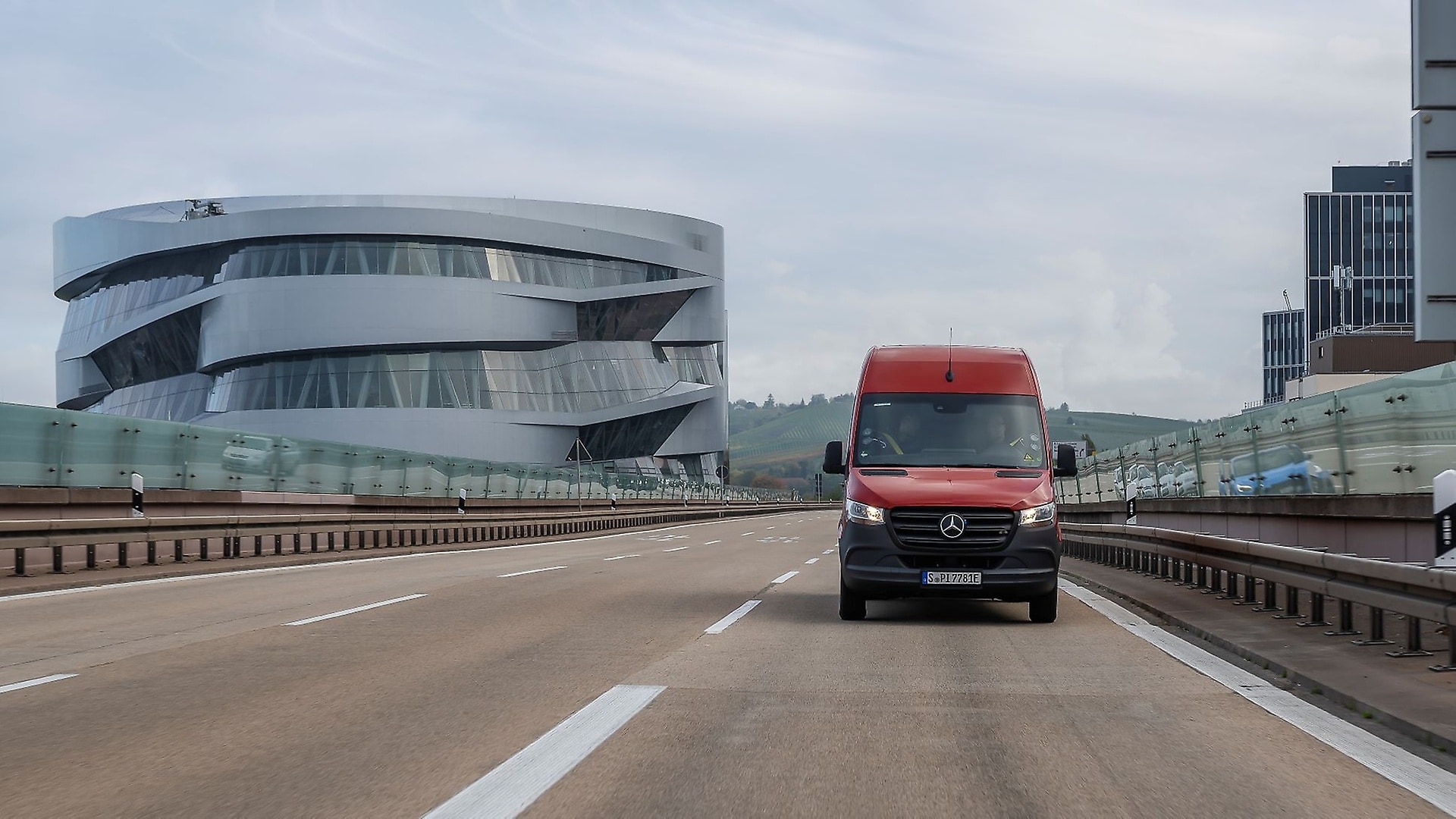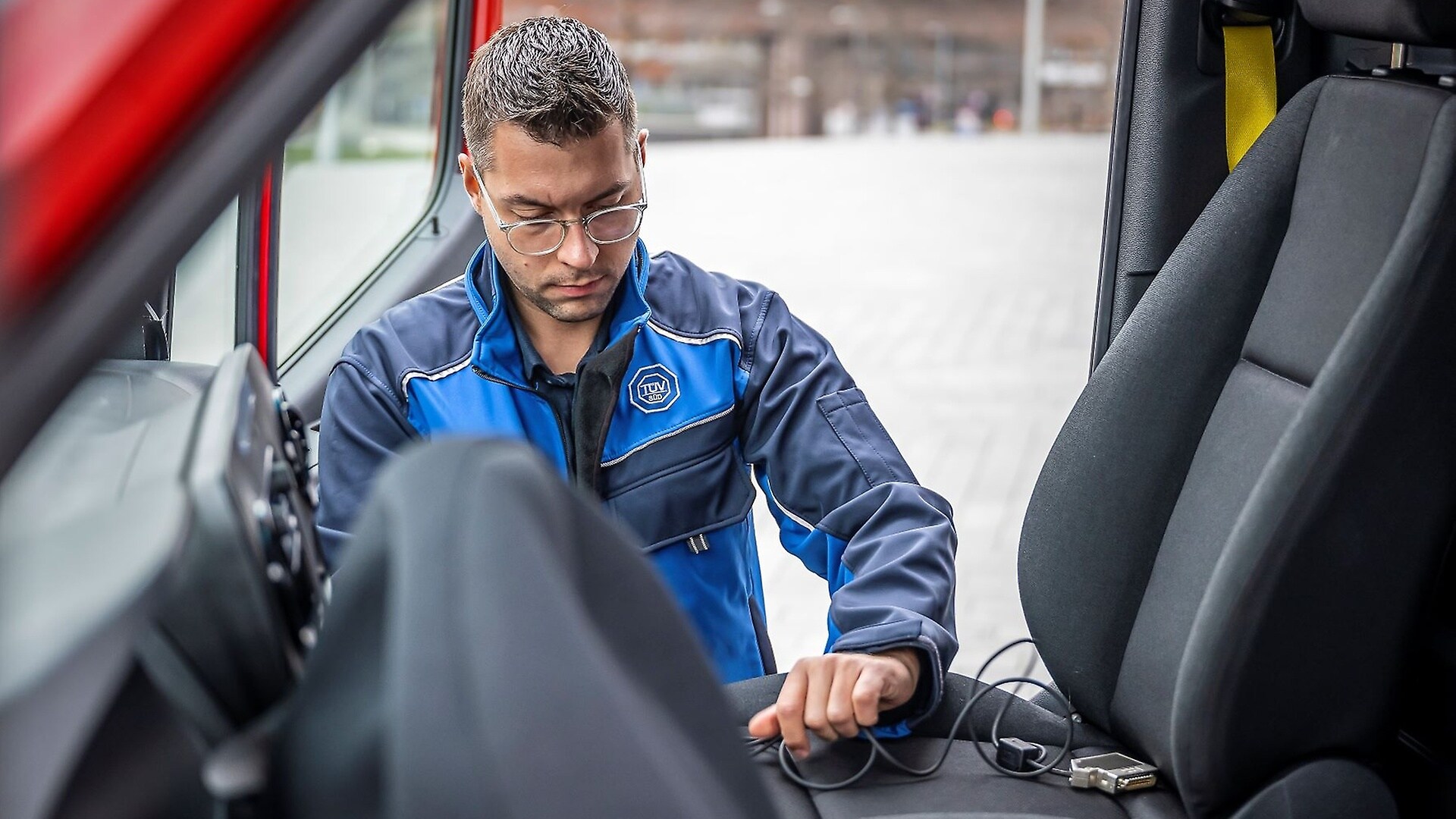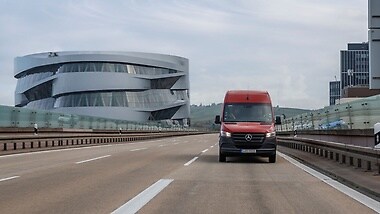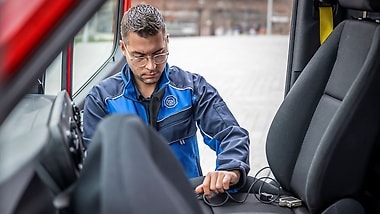November 30, 2022 – A pre-production vehicle of the new Mercedes-Benz eSprinter completed a special test drive on 19 October 2022: With only one battery charge and without recharging, the route led from the Mercedes-Benz Museum in Stuttgart to Munich Airport and back again. This corresponds to a distance of 475 kilometres with a power consumption of 21.9 kWh per 100 kilometres. And this despite the fact that the route is extremely demanding in terms of fuel consumption due to the high proportion of motorways and the climb up the Swabian Jura. Conclusion of the test drive: The new Mercedes-Benz eSprinter is convincing.
,xPosition=0,yPosition=0.5)
475 kilometres with just one battery charge




,xPosition=0.5,yPosition=0)